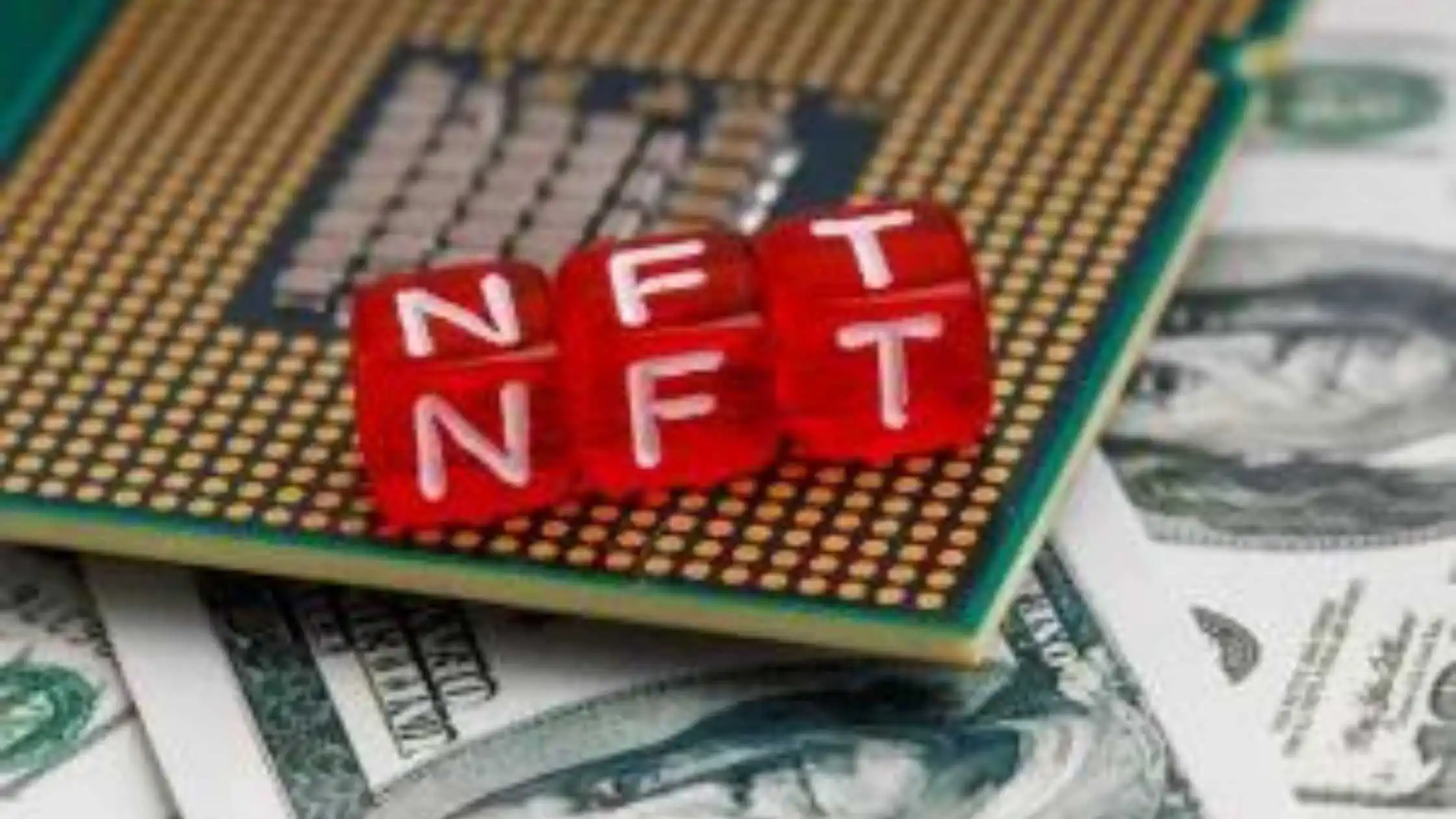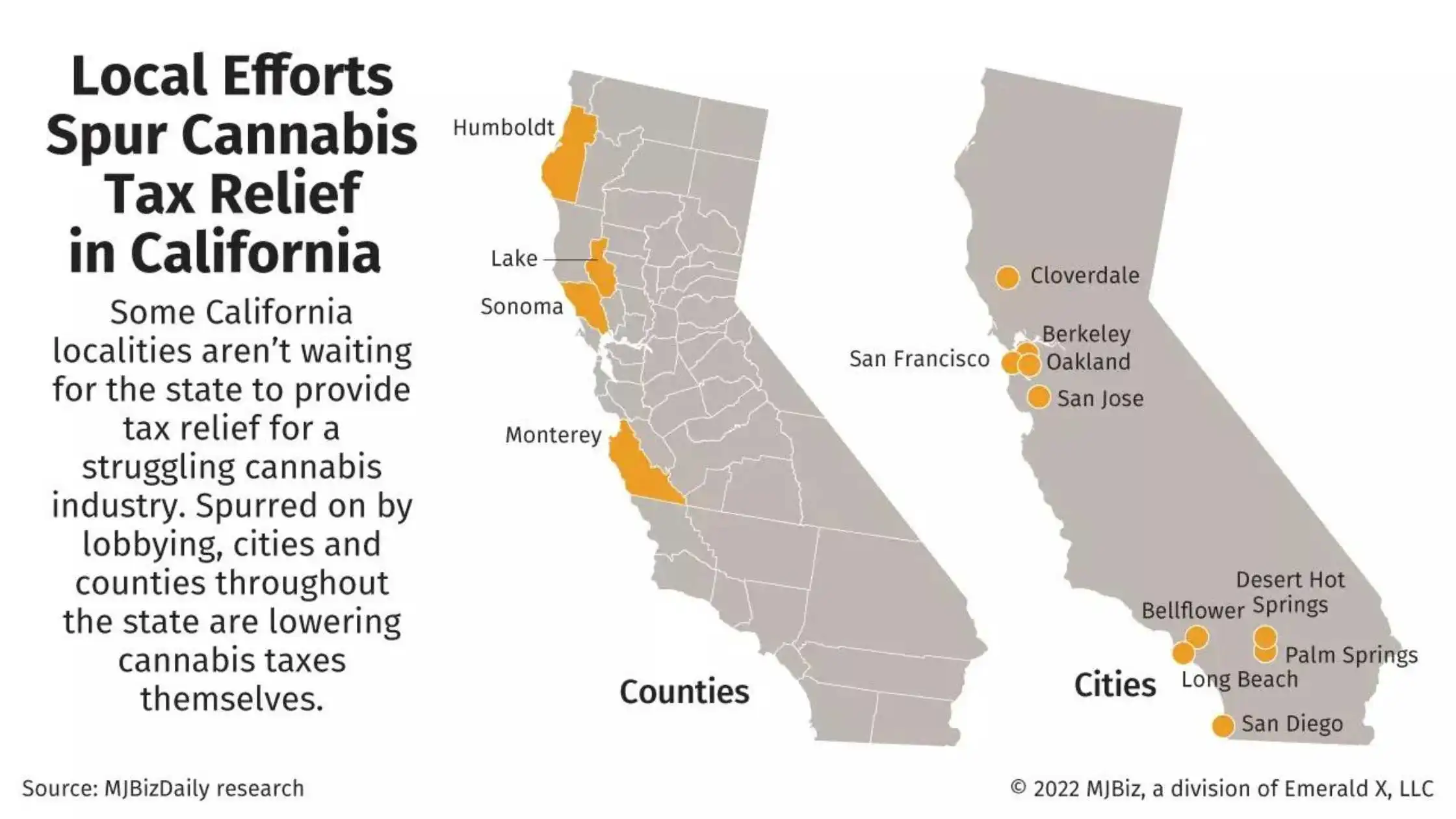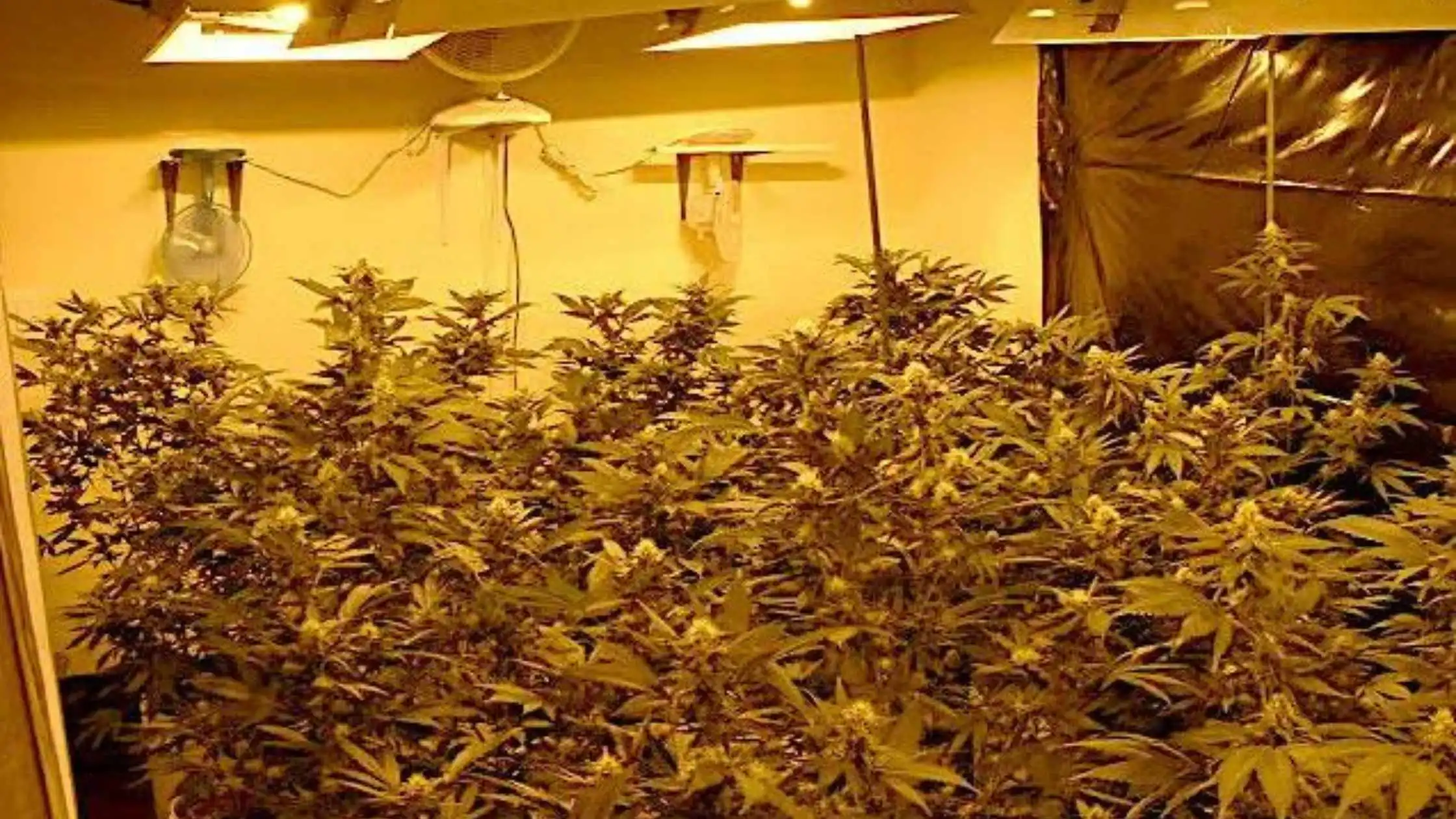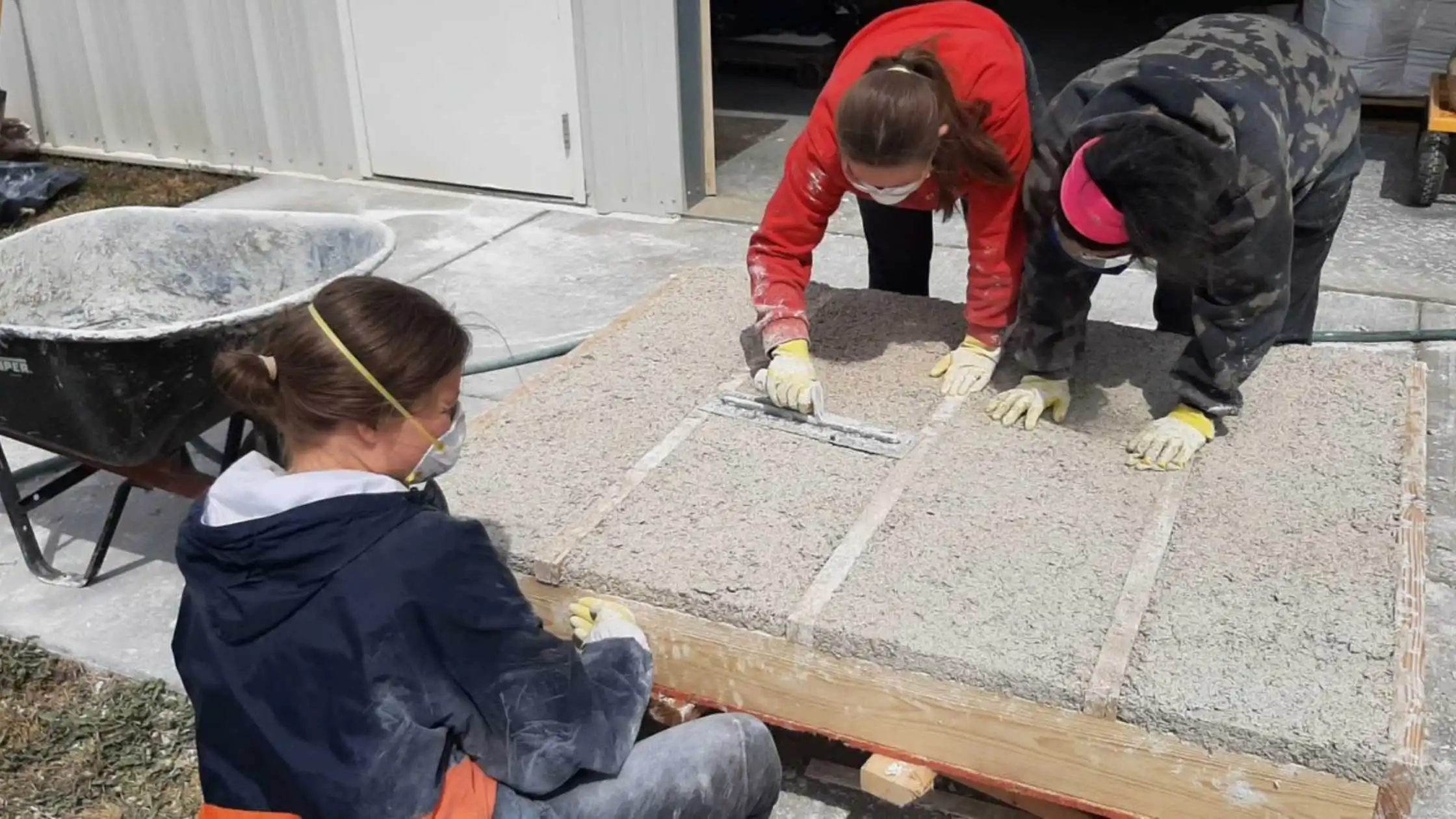The NFT boom is coming for THC and CBD.
Cannabis companies are rolling out non-fungible tokens to build hype around new products, verify testing lab results as legit and sell consumers on exclusive deals.
Proponents of NFTs – defined as digital art tied to cryptocurrency and blockchain technology – say they’re the future of the next iteration of the internet, often called the metaverse.
But skeptics say the tokens have minimal value, despite sweeping through the art market and being deployed by mainstream businesses.
Critics also view the cryptocurrency sector as rife with scams.
Nevertheless, more than a few marijuana and hemp companies are curious enough to explore the space with an open mind.
“From a business perspective, you can’t ignore the NFT market,” said Sammy Dorf, co-founder and chief growth officer of Chicago-based cannabis company Verano Holdings.
“Cannabis is evolving so rapidly from so many angles that we think this could be an opportunity to engage different customers.”
NFT COAs
In November, Boca Raton, Florida-based ACS Laboratory, which tests both marijuana and hemp, launched a certificate of analysis as an NFT during the Art Basel Miami Beach art fair.
The company partnered with Blockticity, which bills itself as a “leader in guaranteed certificates of authenticity for the most valuable of possessions,” to offer the testing COA on the blockchain.
Roger Brown, president of ACS Laboratory, said he was sceptical at first.
“I absolutely thought, ‘Who is going to buy a digital picture?’” he said.
Brown came around once he understood that offering COAs as NFTs on the blockchain could help authenticate testing results.
His lab gets questions every week about the validity of test results. The COAs often have been altered after they’ve left his lab.
With this new technology, a business or a consumer can scan a QR code and pull up an NFT of the COA, which is date-stamped and certified.
For the initial drop at Art Basel, ACS Laboratory sold about 100 NFTs at $100 each, according to Brown.
He doesn’t think of the NFT play as a revenue generator but as a way to bolster consumer confidence.
And now his company is fielding calls asking for NFTs of COAs for a particular marijuana variety.
He now has a whole team working to get COAs onto the blockchain.
“It’s coming around full circle,” Brown said.
How to avoid getting scammed
While scammers exist in the NFT space, that’s no different than the business world, said Jeffrey Welsh, an intellectual and entertainment lawyer for Denver-based law firm Vicente Sederberg.
To avoid operating in a questionable space, he recommends that companies do as much research as possible before listing or “minting” NFTs.
He also recommends that companies buy and sell the tokens on OpenSea, the most established marketplace.
In addition, Welsh advises staying away from any pump-and-dump scams.
The unregulated cryptocurrency market provides an opportunity for these types of schemes, where an individual or group purchases large quantities of “coins” to pump up demand and price.
Those same operators hype the merit of the particular cryptocurrency, often using social media platforms or influencers.
Once investors rush to buy the coin, the same group dumps its holdings, causing a price crash.
Cannabis companies looking to mint NFTs or to create originals should also be aware of intellectual property law.
“Just because it’s an NFT doesn’t mean IP considerations are out the window,” Welsh said. “A lot of times, people aren’t actually paying attention to who owns the IP.
“There’s a wave of litigation coming at some point.”
Kicking the metaverse tyres
At the moment, Verano’s Dorf is still in the exploratory stage when it comes to incorporating NFTs into the company’s business.
“It’s still early, but that doesn’t mean you can’t get involved and educate yourself and your company,” he added.
Dorf sees the parallel and rapid growth of both the cannabis industry and the cryptocurrency world as ripe with “synergies to explore.”
“Even if you don’t understand it, there’s no arguing that it’s here to stay,” he added.
Dorf envisions NFTs helping to prevent counterfeit products via QR codes or certificates of analysis.
They would, in effect, function as a marketing tool and build exclusivity and hype around merchandise that’s for sale.
Community creators
At MJBizCon 2021, David Hernandez, chief operating officer of New York City-based cannabis lifestyle brand Happy Monkey, created a free proof of attendance protocol NFT as a type of digital souvenir for show attendees.
Hernandez thinks of NFTs as a marketing tool to bind a moment in time to a person and create an avenue for further promotions.
“NFTs are keys to communities,” he said. “They get people to market creatively.”
For Anthony Alegrete, COO of 40 Tons, a cannabis clothing and accessories brand based in Los Angeles, NFTs are a tool for promoting social justice in the industry.
The company has used NFTs as a marketing vehicle that also raises awareness for people still incarcerated from marijuana convictions.
According to Alegrete, a large percentage of the secondary-market sale of these NFTs goes to social equity efforts such as helping prisoners convicted of marijuana charges. At the same time, they’re incarcerated as well as when they come home.
“NFTs are a great way to build community and rally people behind you,” he said.
Disclaimer: https://hempindustrydaily.com/the-nft-boom-is-coming-to-cannabis-heres-what-hemp-operators-need-to-know-about-it/





